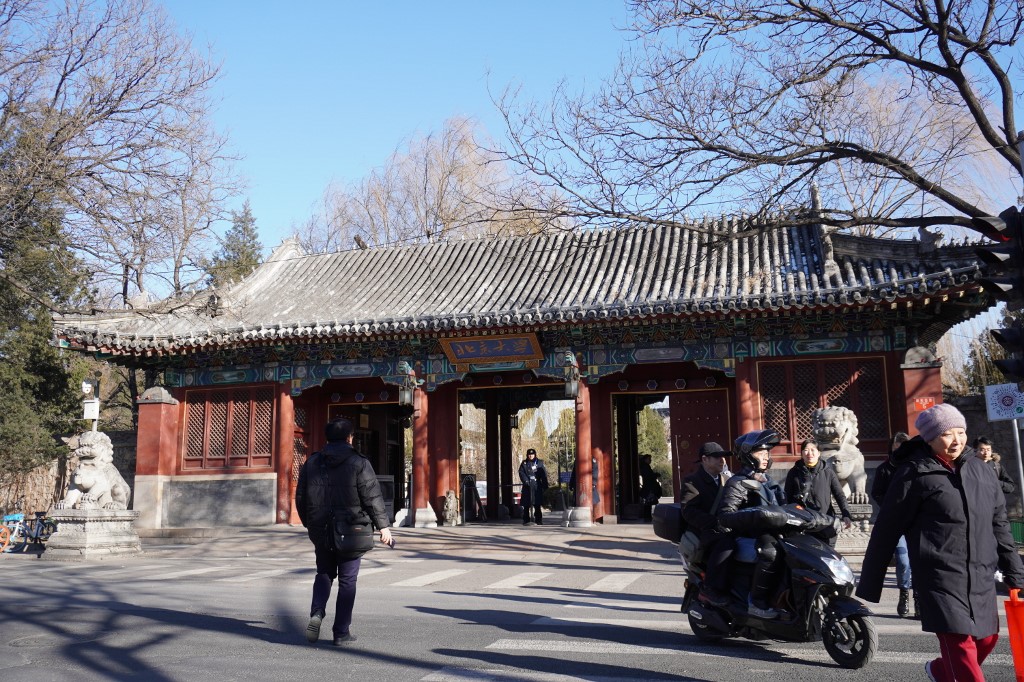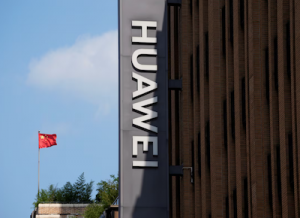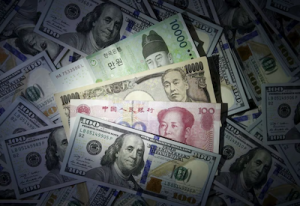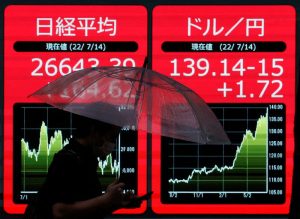(ATF) The effectiveness of a peculiarity of China’s corporate bonds market is being tested in a case that could impact foreign investment in Chinese credits.
According to the Financial Times, at least two legal challenges are being made in Hong Kong focused on so-called Keepwell deeds. Known as “letters of comfort”, these are regarded almost as guarantees for foreign investors against losses if issuers of bonds they hold default.
However, the case revolves around a company whose bonds backed by Keepwell deeds did in fact default.
Also on ATF
- China gets to grip with green bonds but net zero goal still way off
- FTSE Russell to include China bonds in flagship index from October
- China bond market opening up reveals some surprises
Peking University Founders Group, a state-back company that operates in the IT, real estate, finance and commodities trading sectors, failed to make a $1.6bn dollar-bond repayment. It also bilked on 36.5 billion yuan ($5.6bn) of onshore debt, the FT wrote.
It’s now undergoing a financial restructuring under the Beijing First Intermediate Court to ensure its creditors get paid.
But there is concern among foreign investors that the deeds will be unenforceable or that the Communist Party will step in; the Founders Group has links to the family of former leader Jiang Zemin, the FT reported.
“The law regarding Keepwell deeds in China is uncertain and the enforceability of these deeds has until recently been untested in the Chinese courts,” wrote legal firm King&Wood Mallesons in February.
Investors in Founders Group fear they may be in a perilous position after the Beijing court last year said the claims by investors made on the firms’s Keepwell deeds were “pending recognition”.
Closely watched
The lawsuits will be watched closely because this is thought to be the first test of the effectiveness of the instruments that apply to $82bn of bond investments, according to the FT.
The deeds are essentially an agreement by the issuer to maintain the financial health of an offshore subsidiary in order to meet bond repayments to foreign investors.
They were created to give overseas investors confidence in their holdings in the absence of any recourse in the Chinese courts should issuers fail to meet repayment obligations.
Investors “feel unsafe and doubtful” about the chances of getting their money back, a source told the FT.
However, King&Wood Mallesons indicates there’s cause for optimism after a Shanghai financial court said judges were unlikely to accept any attempt to resist the enforcement of Keepwell deeds.
























